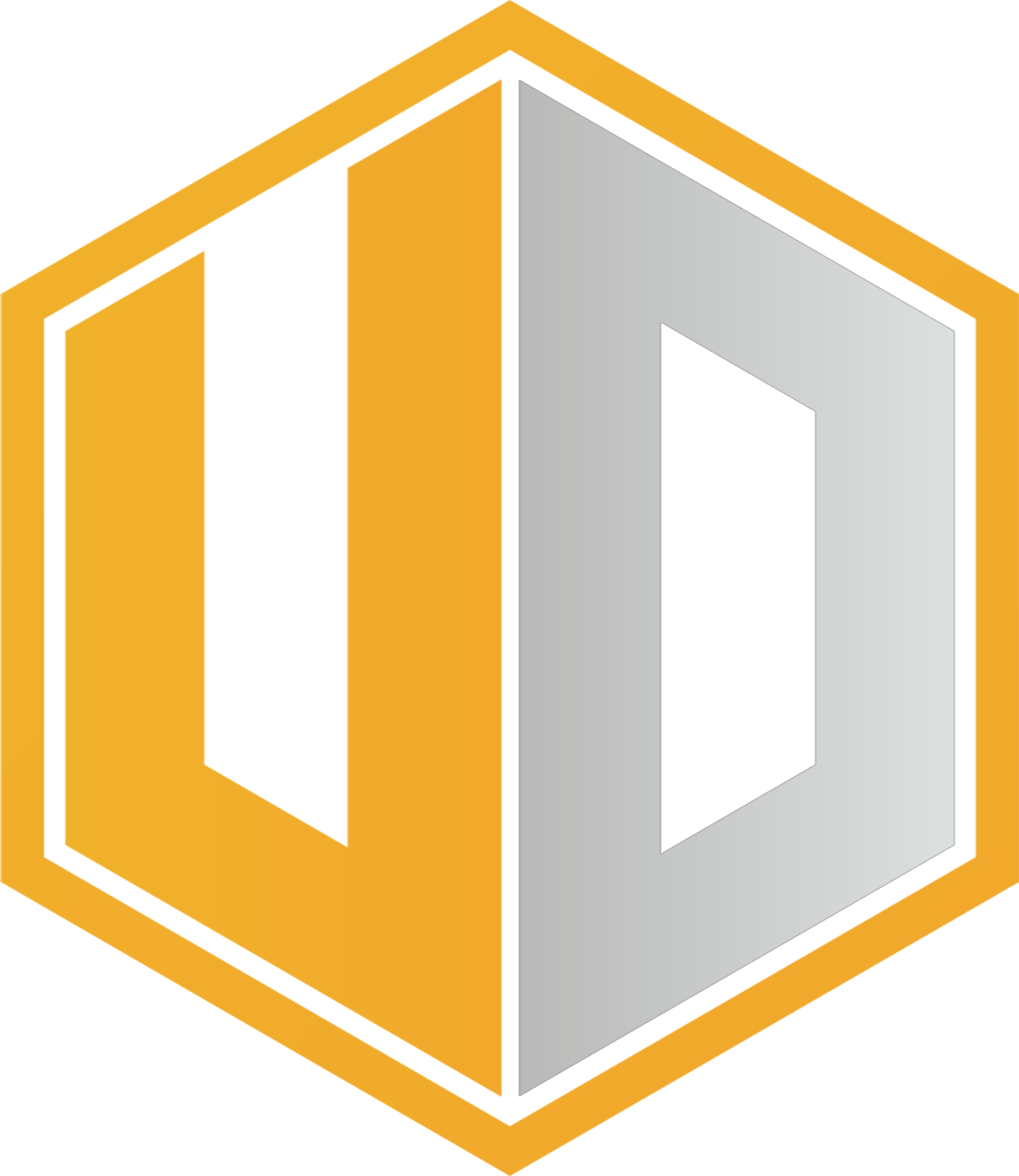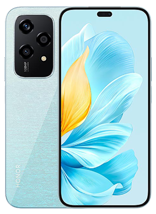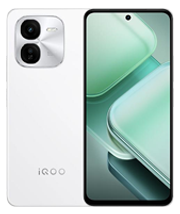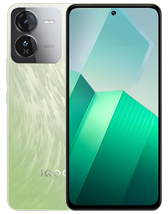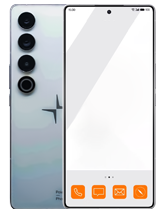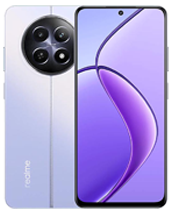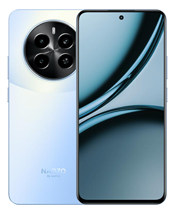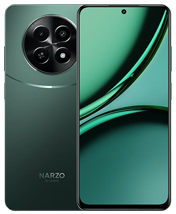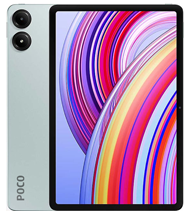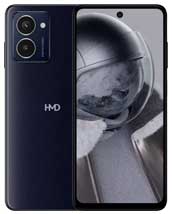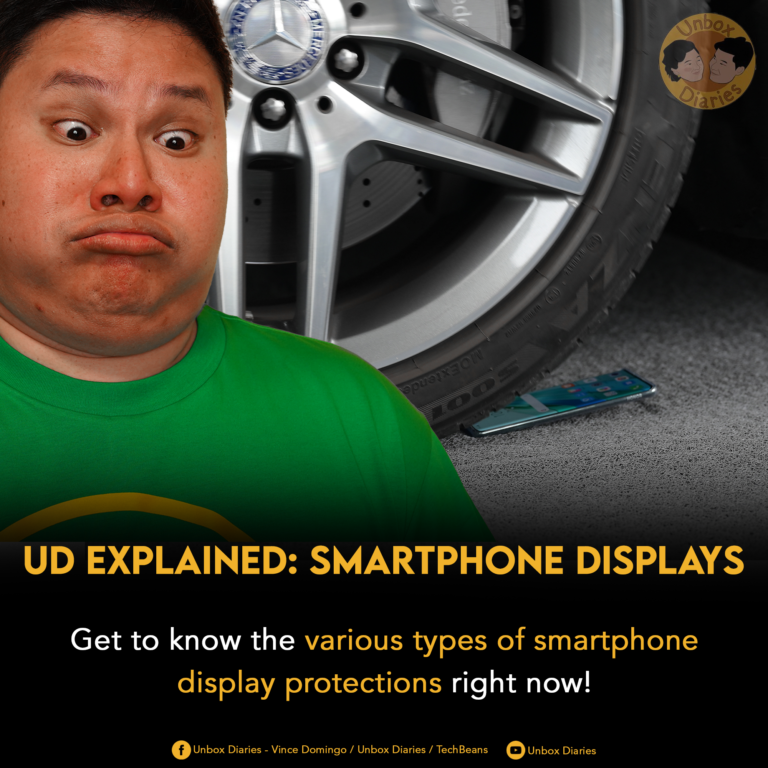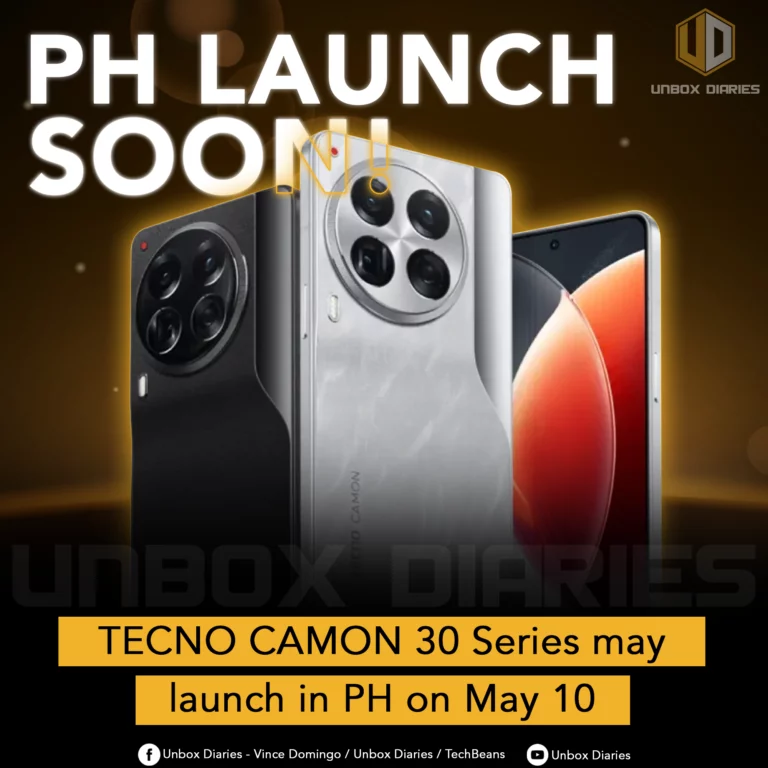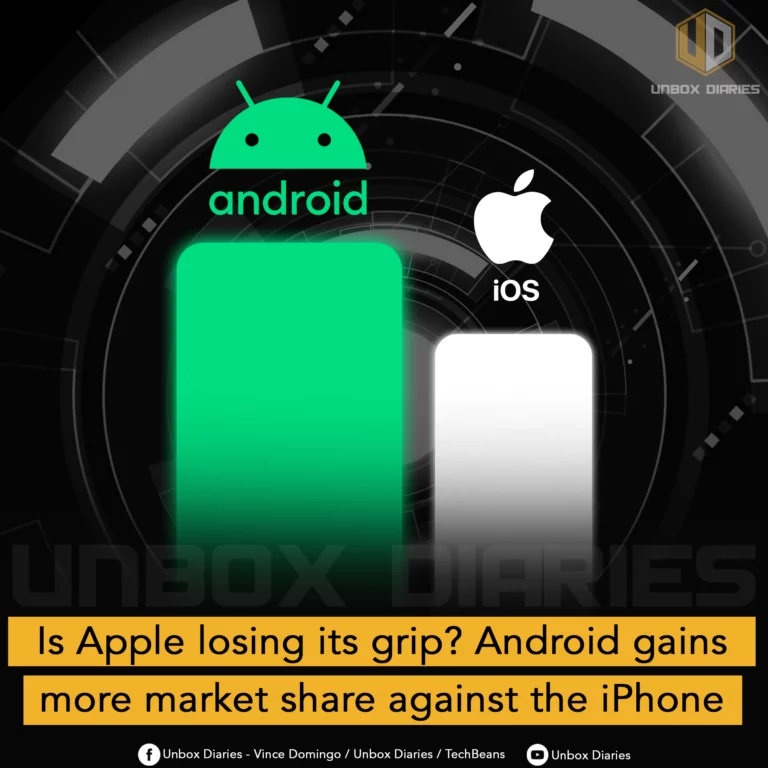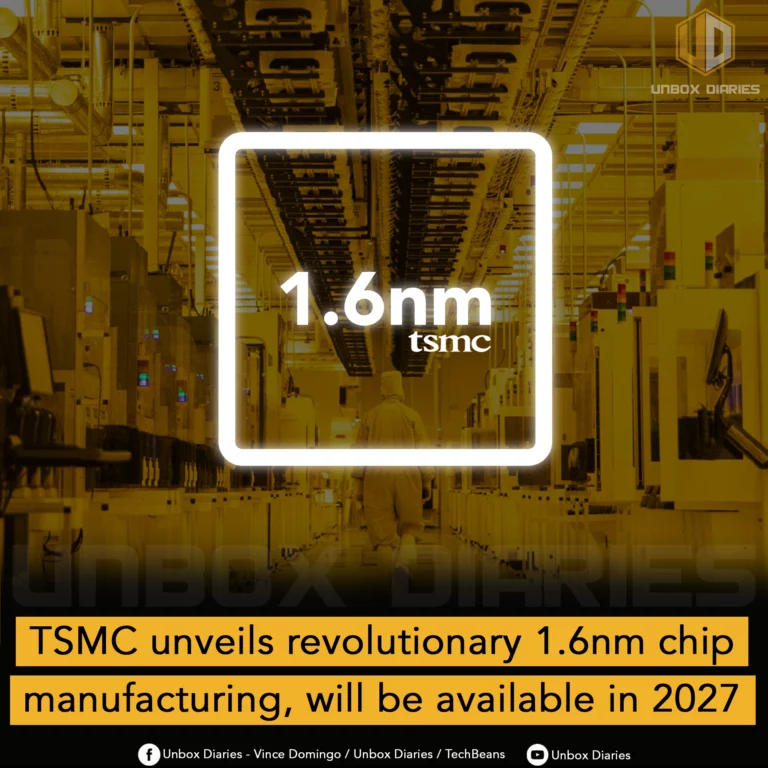Let us enlighten you about the different kinds of smartphone glasses mainly used by most manufacturers and we will tell you the difference!
You might be wondering: “What the hell is a Gorilla Glass? Is that some of the kind of glass made with the tear ducts of an actual gorilla?” That’s why we are here to tell you about the difference between them if searching on Google didn’t cross your mind whatsoever.
Smartphone displays are among the most important components of a phone, as they determine the visual quality and durability of the device. Over the years, several types of glass materials have been used to protect the displays, each with its own set of strengths and weaknesses.
Corning Gorilla Glass
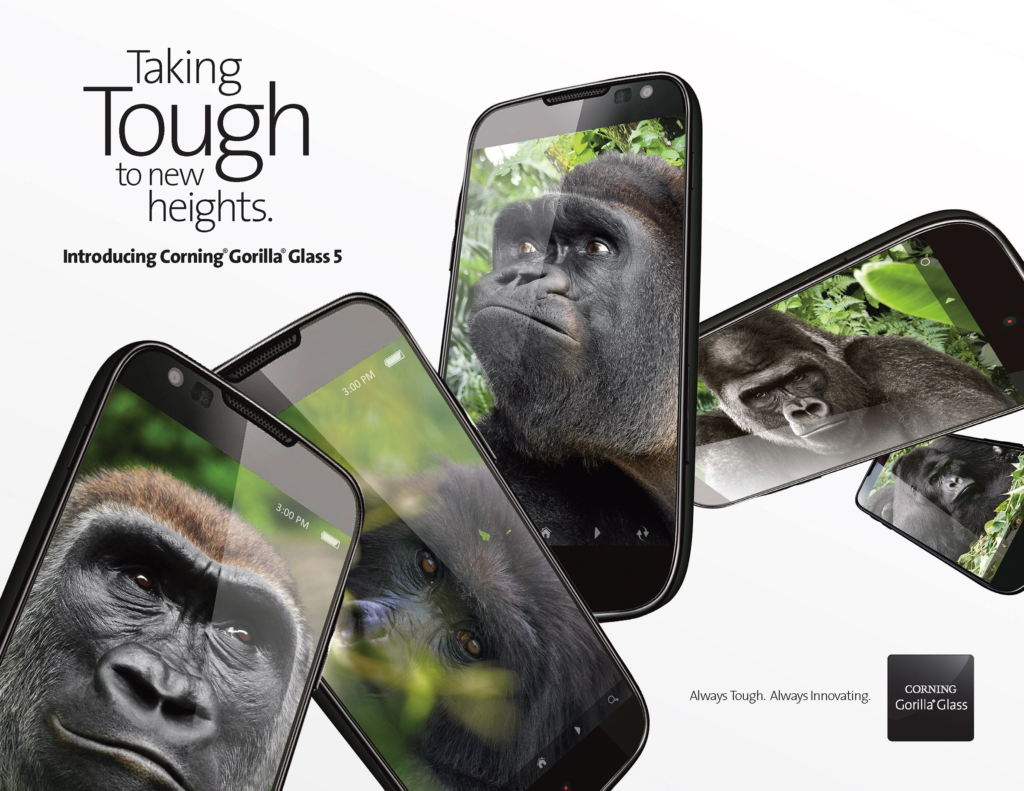
Corning Gorilla Glass is one of the most popular display ones today used in smartphones. It is made from a chemically strengthened glass that is known for its high resistance to scratches and cracks.
Additionally, Gorilla Glass has good optical clarity and allows for excellent color reproduction on the screen. However, it is not completely shatter-proof and can still break if dropped from a significant height.
Dragontrail Glass

Another type of display glass commonly used in smartphones is Dragontrail Glass. It is a type of tempered glass that is known for its high resistance to scratches and cracks, similar to Gorilla Glass.
Dragontrail Glass is also lightweight and durable, making it an ideal choice for smartphone manufacturers looking to keep the weight of their devices down. However, it is not as widely used as Gorilla Glass, so there may not be as much availability of replacement screens in case of breakage.
Plastic

Plastic is a less expensive alternative to tempered glass and is commonly used as a display cover for lower-end smartphones. It is lightweight, flexible, and does not shatter upon impact like tempered glass.
However, it is not as durable as tempered glass and is prone to scratches and cracks, which can degrade the display quality over time.
Tempered glass
Many third-party screen protectors are made of tempered glass, the least expensive option available. Tempered glass is heated in a tempering oven after being cut to size. Following a brief burst of cold air, the glass is heated to just above 600 degrees Celsius (1,112 degrees Fahrenheit).

We get the stronger glass as a result of the process, which makes the outside of the glass cooler than the inside. This causes compression on the outside and tension on the inside.
Kunlun Glass

Kunlun Glass was developed and manufactured by Chongqing Xinjing Special Glass Co., Ltd., which settled in Liangjiang New Area in 2014 and mainly produced high-alumina and high-lithium silica special glass, mainly used in Huawei devices, the Mate50 Pro as its most famous example.
Sapphire glass

Sapphire is the priciest option on this list, so its use is primarily limited to smaller components like watch faces and camera lenses (including a few Apple Watch models).
But back in 2017, HTC also introduced a U Ultra model with a sapphire screen. A sapphire seed is used as the container, which is then filled with leftover uncrystallized sapphire from earlier batches and condensed corundum.
The materials are then heated inside the barrel to up to 2,200 degrees Celsius in a furnace. A 115-kilogram chunk of sapphire is produced after the procedure, which lasts 16 to 17 days. After this, a block for a smartphone display is cut out, polished, and then further cut.
In conclusion, the type of display glass used in a smartphone can greatly affect its visual quality, durability, and overall user experience. When choosing a smartphone, it is important to consider the type of glass used and weigh the pros and cons of each to determine the best option for your needs.
